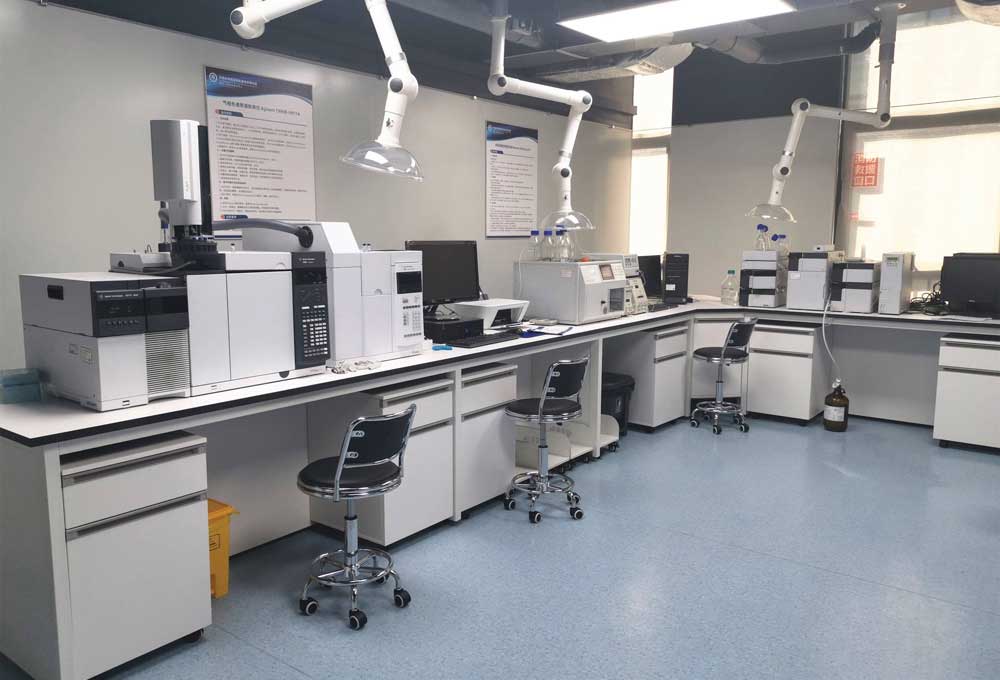Title: "Empowering Youth: The Fight Against AIDS in Adolescence"
In the intricate tapestry of life, adolescence stands as a vibrant yet delicate chapter, filled with dreams, exploration, and the formation of identity. However, this period is also marked by vulnerabilities, one of which is the rising risk of HIV/AIDS infection. As society continues to evolve, it is imperative to empower our youth with the knowledge and tools necessary to navigate this complex landscape safely. This essay delves into the significance of adolescent involvement in the fight against AIDS, emphasizing prevention, education, and support.

Adolescence is a time of significant physiological and psychological changes, often accompanied by an increased curiosity about sexuality and intimate relationships. Unfortunately, this curiosity can sometimes lead to risky behaviors without adequate understanding of the consequences. The HIV/AIDS epidemic, which disproportionately affects young people globally, underscores the urgency for comprehensive sex education that goes beyond the basics, incorporating discussions on safe sex practices, the importance of consent, and the availability of testing and treatment options.
Education is the cornerstone of prevention. Schools and communities must collaborate to create inclusive, non-judgmental environments where youth feel empowered to ask questions and seek information. Workshops, peer education programs, and digital platforms can serve as effective channels to disseminate accurate, culturally sensitive information. By fostering open communication, we can break down the stigma surrounding HIV/AIDS and encourage responsible decision-making.

Moreover, access to confidential testing services is crucial. Many adolescents hesitate to seek testing due to fear of discrimination or judgment. Establishing user-friendly, youth-friendly clinics can alleviate these concerns and encourage early detection, which is vital for effective management and treatment.
Support systems play an indispensable role in the lives of those affected by HIV/AIDS. Peer support groups and mental health services can provide a sense of belonging and resilience, helping adolescents cope with the emotional and social challenges associated with the virus. Family involvement is equally important, fostering an environment of understanding and acceptance.
In conclusion, the fight against AIDS in adolescence is a collective effort that requires a multi-faceted approach. By prioritizing education, ensuring access to testing and treatment, and fostering supportive environments, we can empower our youth to make informed choices, reduce the incidence of HIV/AIDS, and build a healthier, more inclusive future. Let us work together to turn the tide against this epidemic and empower the next generation to thrive.
为何艾滋病早期诊断至关重要?在HIV感染的初期阶段,病毒会以惊人的速度复制,并潜入特定的细胞内,构建成一个持久的休眠病毒库。尽管抗病毒药物能有效清除游离状态的HIV病毒,但对于这些已深深嵌入宿主DNA的病毒库却束手无策。这是因为HIV在感染人体后,会利用逆转录机制将自身的遗传信息整合到宿主的DNA中,形成前病毒或称为病毒库。一旦停止药物治疗,病毒库中的病毒将重新活跃,导致病毒载量急剧攀升,这也是患者需要长期服药且难以彻底治愈的根本原因。
艾滋病的诊断若延迟,体内的病毒库规模将日益庞大,治疗难度也随之增加,疾病进展速度加快。对于存在高危行为的人群,强烈推荐优先考虑进行核酸检测。核酸检测不仅具有较短的窗口期和高准确性,更重要的是,它能在病毒感染初期、病毒载量达到高峰前的关键时期(通常在感染后2-4周,此时每天可产生10亿个病毒颗粒)及时检测出HIV,为患者争取到宝贵的治疗时间。
早期诊断意味着病情更易控制。若能在早期发现,艾滋病可被视为一种慢性疾病,对预期寿命的影响有限,且国家提供免费的治疗服务。然而,若诊断较晚,患者的平均寿命可能仅有2-10年,这无疑是一个令人痛心的结果。
若您计划进行核酸检测,请务必选择具备完整资质的大型实验室,最好是全国知名的艾滋病检测实验室。这是因为核酸检测需要高度专业化的设备、技术支持以及精湛的操作技能,只有这样的实验室才能确保检测结果的可靠性。



